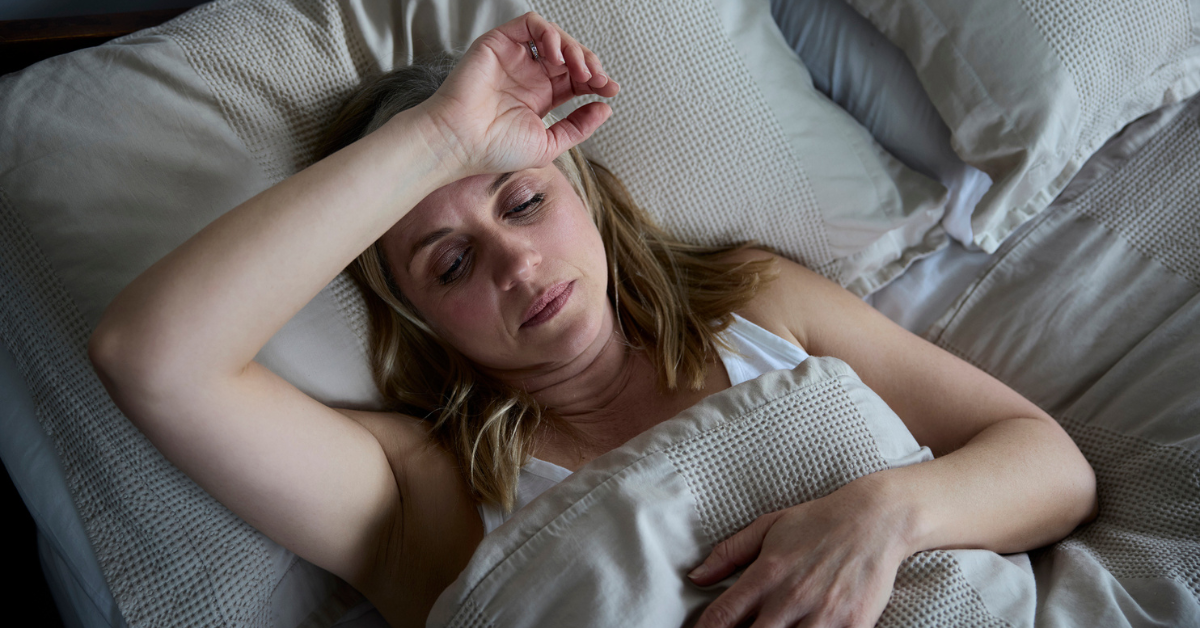As women age, their bodies will go through changes. One of those major changes is menopause, when the ovaries stop producing estrogen and releasing eggs, and the woman is no longer able to get pregnant.
With this comes a whole host of symptoms that can be aggravating, to say the least. If you’ve ever experienced a hot flash or vaginal dryness, you’re not alone, and you’re probably wondering what can be done to help address those issues.
Some women turn to hormone replacement therapy — a treatment that replaces the estrogen your body is no longer producing.
“The goal of this therapy is to address the symptoms that are caused by low estrogen,” says Dr. Andrea Richmond-Mart, an obstetrician and gynecologist at Tidelands Health OB/GYN at Azalea Lakes, Murrells Inlet and Georgetown.
That doesn’t mean it’ll stop all menopause-related symptoms. Hormone replacement therapy is one of the most effective ways to treat hot flashes or night sweats and can help with vaginal symptoms like dryness or uncomfortable sex.
It can also be a good option for people whose ovaries have been removed or who have experienced early menopause. The added estrogen can decrease their risk for some health conditions.
For women more than 10 years out from menopause, hormone replacement therapy may increase the risk of stroke, blood clots or breast cancer, so they are not good candidates for this treatment. Additionally, women who have a history of any of these conditions may not be good candidates for the treatment.
Your provider will work to mitigate these risks by using the lowest effective dose and the right delivery method. Hormone replacement therapy can come in the form of pills, vaginal rings, vaginal creams or topical gels or patches. People who still have a uterus will need to take progesterone along with estrogen to reduce their risk of uterine cancer.
“I have some patients who are like, ‘I’m never coming off it,’ and some who say they’re doing well and want to decrease the dose,” Dr. Richmond-Mart says.
If hormone replacement therapy doesn’t seem right for you, there are other options, says Dr. Richmond-Mart. Lifestyle changes like decreasing caffeine intake, wearing clothes that help keep you cool and taking an herb called black cohosh can help relieve hot flash symptoms. Additionally, antidepressants or SSRIs have been shown to decrease the effect of hot flashes.
It’s important to visit your physician regularly to keep evaluating your health and whether the treatments are working.
“It’s shared decision-making between the physician and the patient,” Dr. Richmond-Mart says. “There’s no standard right or wrong, just finding what’s best for you.”
